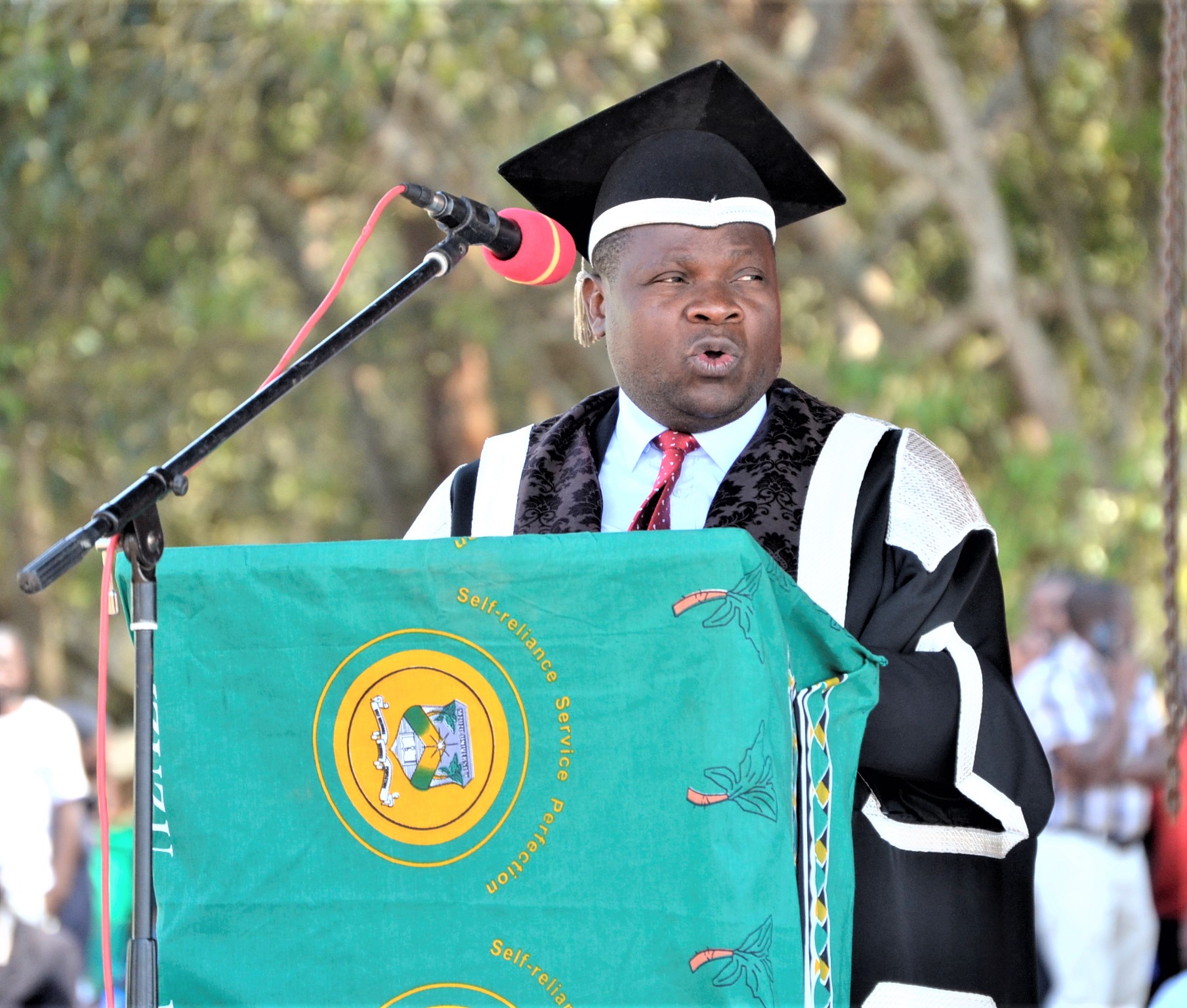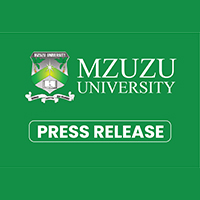The Government of Malawi is implementing Skills for a Vibrant Economy (SAVE) Project with
support from the World Bank (International Development Association). SAVE is financed through
a national resource envelope of US$100 million from International Development Association
(hereinafter the Association) for a period of five years. The Project Development Objective (PDO)
is to increase equitable access to market-relevant skills in priority areas of the economy, especially
for females and vulnerable youths. The project consists of 4 components which are: Component
- Supporting public higher education institutions in increasing equitable access to market relevant
skills development programs; Component 2 – Supporting Technical, Entrepreneurial, and
Vocational Education and Training to increase equitable access to market relevant skills
development; Component 3- Tertiary education student financing and system strengthening,
project management, M&E and communications; and Component 4- Contingency Emergency
Response.
This notice therefore serves to notify interested and or affected persons/ parties and the general
public of the Environmental and Social Management Plan (ESMP) that has been developed for the
construction of ETIC, with support from SAVE Project.
The ETIC will provide a platform between the youth, females, vulnerable groups, communities,
instructors/mentors and industry for innovation development, incubation, and up-scaling and out-
scaling in priority areas of Energy and ICT by providing mentorship, entrepreneurial training and
support, as well as marketing and distribution support through various forums.
Construction activities for the project will involve building of a three-story (ground plus three)
ETIC, which will comprise specialised ICT and Energy laboratories, workshops, innovation and
entrepreneurs hub, offices, and washrooms.
The ETIC will also include a 500-seater Lecture Theatre; 16 laboratories dedicated to Artificial
Machinery and Data Science, ICT for Development, Internet, Hardware and Networking, Energy,
Workshop and Testing, and a Testing Centre. Each laboratory will accommodate up to 60 students.
The ETIC will also incorporate 8 offices, 2 workshops, 4 classrooms, learning and research
equipment and furniture.
In conformity with both national as well as the World Bank Environmental, Health and Safety
instruments, the project has been planned and designed in a manner that enhances potential positive
environmental and social impacts and minimises potential negative environmental and social
impacts. This was achieved through conducting an Environmental and Social Impact Assessment
(ESIA) and development of an Environmental and Social Management Plan (ESMP). The ESIA
identified and evaluated potential environmental and social impacts that the project will generate,
proposed measures to enhance the positive impacts, and measures to mitigate the negative impacts;
and developed an ESMP to check implementation of the enhancement measures for the positive
impacts and mitigation measures for the negative impacts.
The positive impacts that the ESMP identified included increased equitable access to education;
creation of job opportunities to workers hired to construct the infrastructure; skills transfer and
hands on experience; creation of temporary small-scale business opportunities; increased business
opportunities; source of Government revenue through taxes; improved sanitation facilities; and
increase in parking space.
The negative impacts that the ESMP identified included noise pollution from delivery vehicles and
workers; increased generation of municipal solid waste such as packaging materials; food leftovers
and cartons; generation of demolition waste and construction rubble; generation of hazardous
waste e.g. electrical and chemical wastes; increased energy demand; and increase in dust emissions
during excavation.
The ESMP for the project site has been presented to the Malawi Environmental Protection
Authority and the World Bank and is now being presented to the general public and interested
stakeholders for any observations.
The report is available for reference purposes at any time at the following locations:
The Ministry of Education Headquarters in Lilongwe;
University Registrar, Mzuzu University, Private Bag 201, Luwinga, Mzuzu 2.
MZUNI Website: https://www.mzuni.ac.mw/?p=8516
To this end, Mzuzu University proposes to engage stakeholders on the report. Stakeholders and/or
interested person/parties are invited to participate in the Public Disclosure processes by examining
the documents available as detailed above and submit any observations no later than 16th July,
2024 to:
The Vice-Chancellor,
Mzuzu University,
Private Bag 201, Luwinga,
Mzuzu 2.
Email: vc@mzuni.ac.mw
Copy: SAVE Project Coordinator: chawinga.w@mzuni.ac.mw
Environmental and Social Safeguards Focal Person:
kambalame.s@mzuni.ac.mw
We look forward to the public participating in the consultation and disclosure process.



